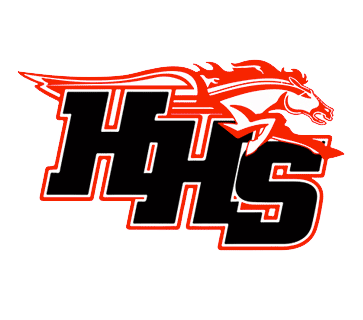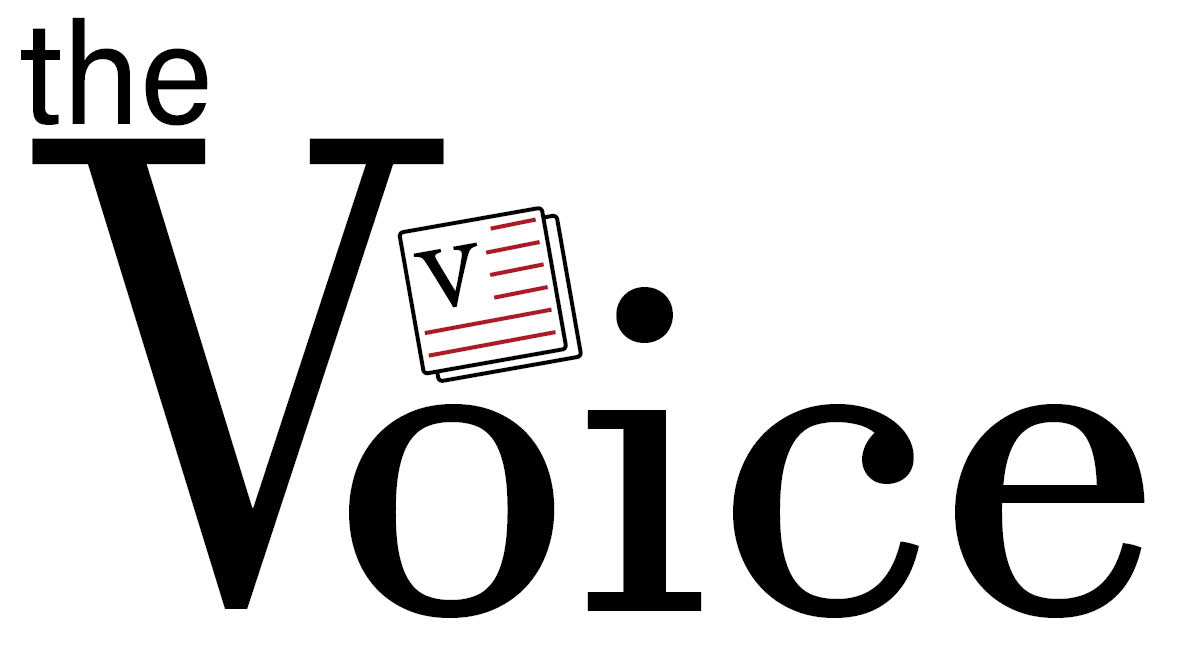Principal’s Student Leadership Council uses student voice to address issues
PSLC allows students to have a say in issues usually only expressed by administration

Provided by district158.org/hhs/
PSLC is a program at Huntley High School.
November 15, 2021
Back in September, all Huntley High School students were sent an application form for the Principal’s Student Leadership Council, which is a group of students with different perspectives that meets once a month to share their voice in school issues.
Now that it has formed, the council meets every late start Wednesday for about 40 minutes. But according to principal Marcus Belin, the council is not new this year.
“It really started with Dr. Roe. It was something he said he did, and as principal I could continue it or I didn’t have to,” Belin said.
“It was something that I found value in, coming into the building not knowing what was going on, the culture, any of that. And the student voice is of great value to me. Since it was set up, I ran with it,” Belin said.
Additionally, the PSLC is not limited to just Huntley High School.
“Councils exist in a lot of different schools, in a lot of different capacities and most councils usually have 10, 15, maybe 20 students max. We have 71,” Belin said.
However, the number was pushed down as school started.
“As I was sitting there looking at names, and looking at what people are involved in, and what people weren’t involved in, everybody has a different lens of how they see things,” Belin said. “So with that, if I have the space, why limit the number? You get more voices around the table, you get to do more and hear more from every nook and cranny of the building.”
Although, the large number of students can sometimes lead to some issues.
“The con to that is because it’s so large, the dialogue can become a little harder because if 15 people want to talk [and] if everybody had a minute, that’s 15 minutes.”
According to PSLC member and junior Amanda Oliver, principal Belin leads the conversations and provides a platform for thoughts to be shared.
“Our first meeting was just recently in the Centennial Theater where we were all able to circle up in small groups and discuss topics from what is going well to what we can improve, while bouncing ideas off of each other,” Oliver said. “It was a personal meeting where we got to learn more about the intricacies of the school and administration.”
The importance of the council, according to Belin, is to be able to get feedback, student voice, and ideas on different matters so he may bring them up in meetings with higher-level administration where typically there are no students in the room. This way, he can make the student voice present where it usually is not.
“Since we have only had one meeting there has been no instant gratification; however, I am certain that the voices of the students will be heard. We have already created many ideas for the upcoming year and hope to begin planning events and bettering the school culture,” Oliver said.

